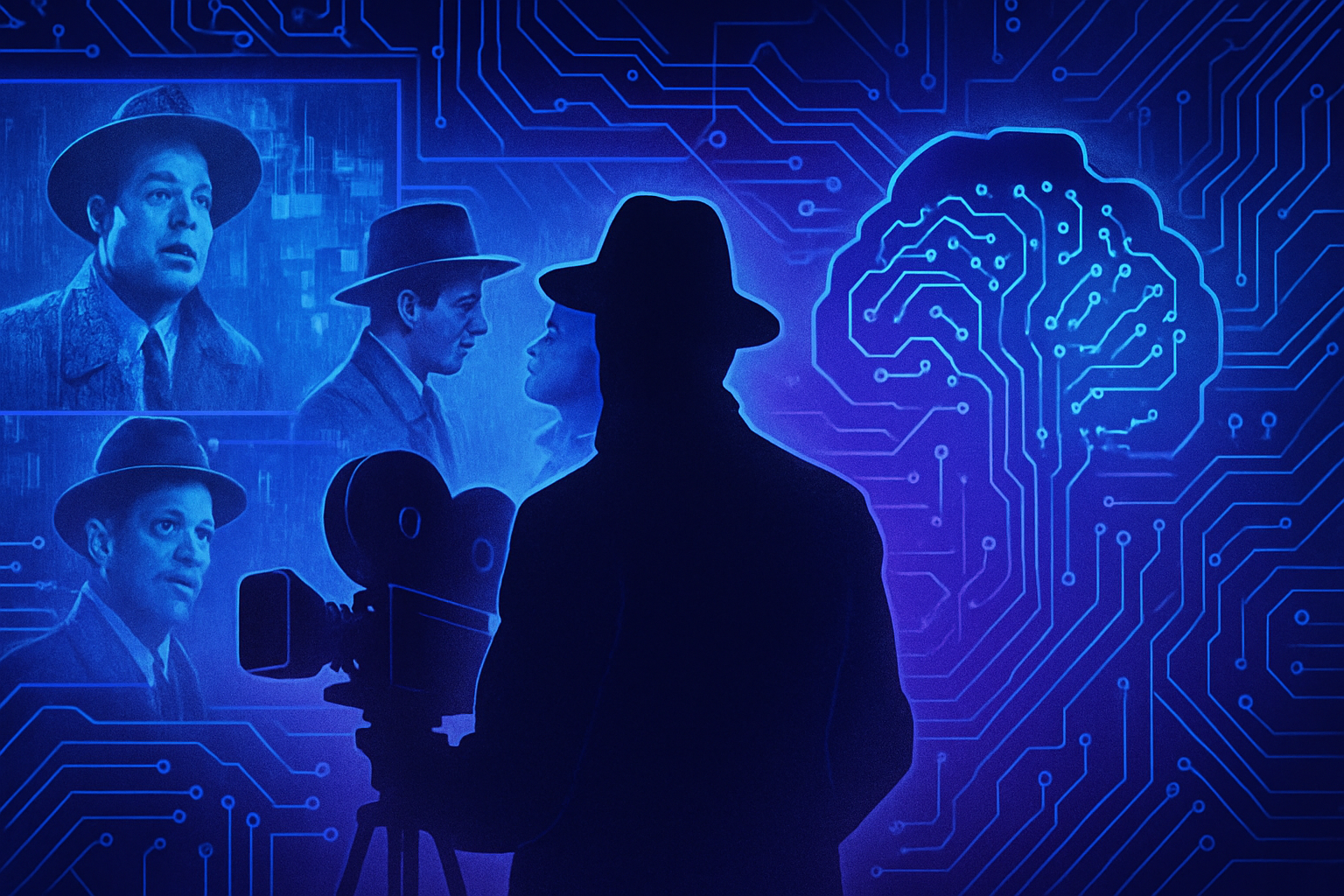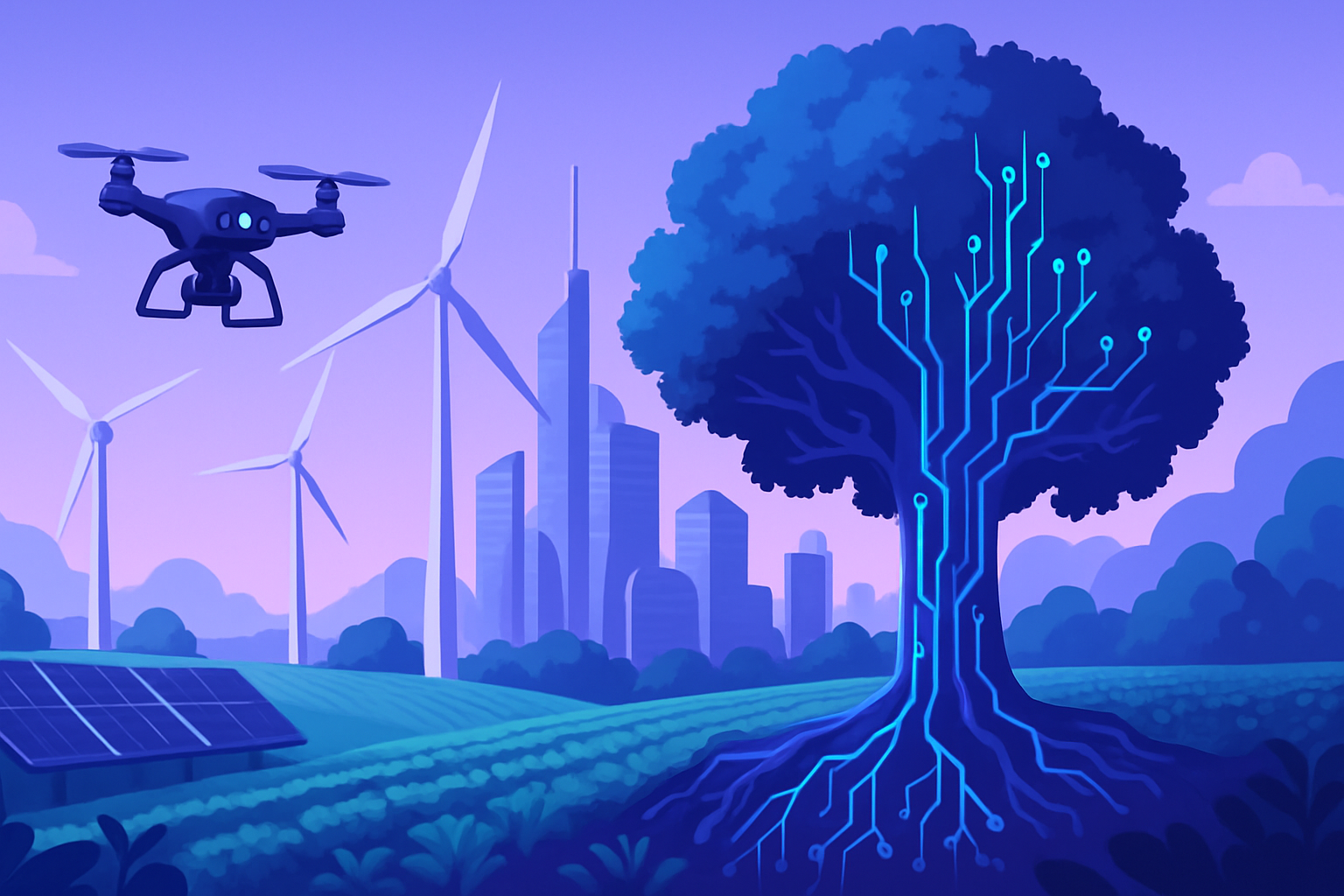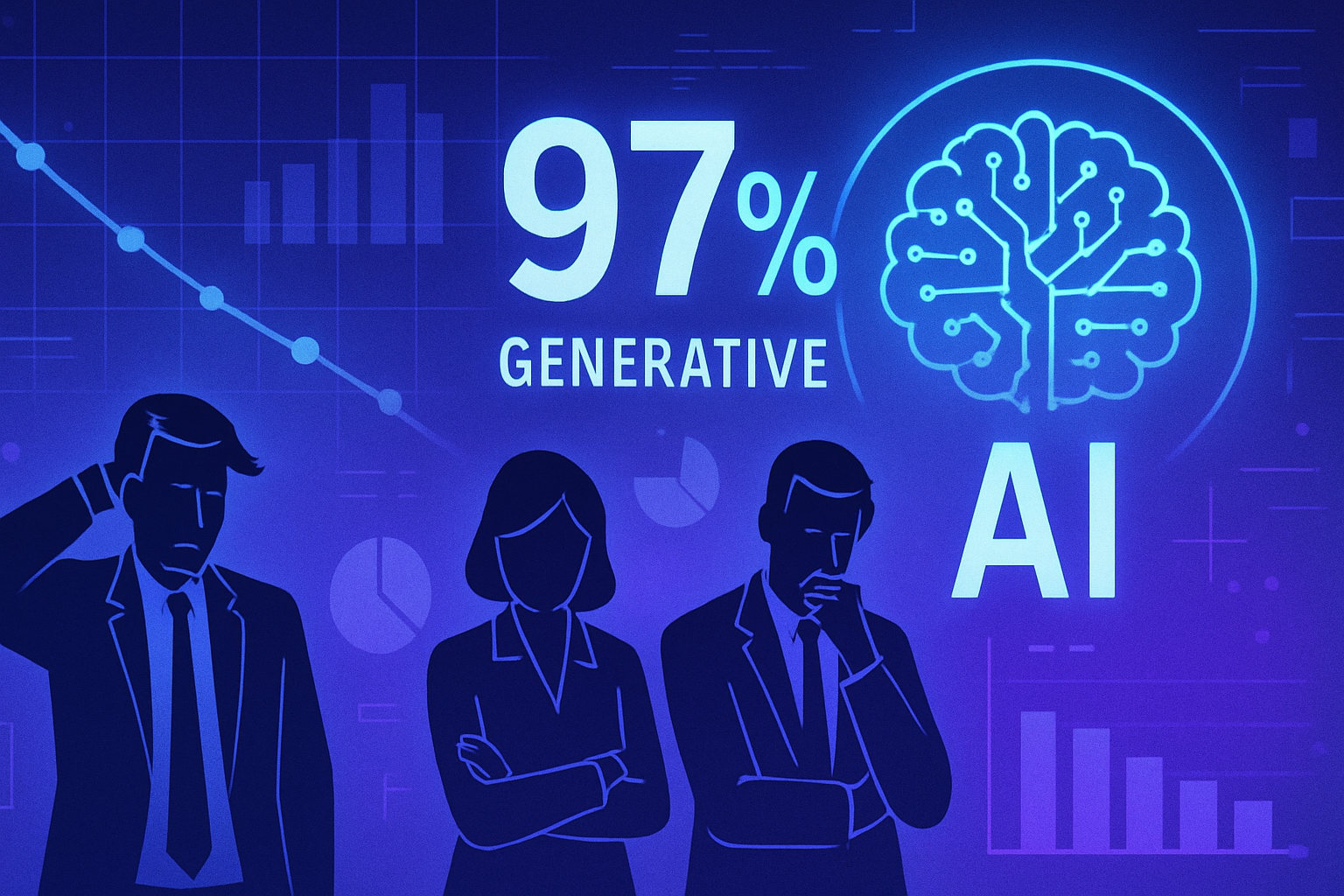Digital innovation confronts Australia with a major legal dilemma. Scott Farquhar, an emblematic figure in the tech industry, argues that the state should allow AI to train for free on *creative works*. His proposal raises ethical and legal questions.
The risk of harming creative sectors is increasing. AI models, if unrestricted, could alter the artistic landscape. An innovation-focused approach could devalue human creation as a whole. The stakes in this debate require thorough reflection.
Scott Farquhar’s advocacy for the legalization of AI
Scott Farquhar, co-founder of Atlassian and CEO of the Tech Council of Australia, urges Australia to adopt copyright legislation inspired by the American model. According to him, such a change would allow <strongartificial intelligence (AI) to freely exploit creative content without fear of legal repercussions. Farquhar claims that the absence of exemptions for fair use in Australian laws threatens investment in the country’s tech sector.
Concerns raised by AI
Farquhar highlighted the limitations of copyright law in Australia during his appearance on the ABC’s 7.30 program. He stated: “Any use of AI involving data mining is likely illegal under current legislation.” His vision rests on the belief that introducing a more permissive legal framework fosters innovation, thereby attracting foreign investment.
Implications for creative industries
Farquhar’s remarks also concern the potential consequences for creative sectors such as music and art. If AI can generate new works from a wide range of pre-existing content, it raises the question of the impact on the creation market. According to certain analyses, using protected works without compensation could weaken the value of these creations in the market.
Challenges of the American legal framework
The American legal framework, cited by Farquhar as a model, does not seem as fixed as it claims to be. Dozens of lawsuits are already contesting the use of fair use by AI companies to train their models. The existence of essential legal variables, such as the commercial nature of the use and its effect on the value of the original work, invites caution.
Potential degradations in the creative economy
Studies indicate that AI could induce severe consequences for the creative economy. For example, the emergence of AI-generated summaries in search engines like Google encourages users to click less often on original content. The effects are also observed affecting references generated by chatbots. This compromises the visibility of works and, consequently, their sales.
The risks of rapid implementation
Moving too quickly in favor of AI, as Farquhar suggests, could harm essential sectors. The potential to impoverish content and devalue artistic creations could become a collateral effect of overly lenient legislation. Companies must navigate these waters with caution to avoid a disarray that could arise from a legal gap.
Discussions around intellectual property legislation need to be deepened. The issue is to ensure a balance between technological innovation, fairness for creators, and market protection. As AI continues to transform the economic landscape, its regulation requires rigorous attention to avoid long-term repercussions on the entire creative industries.
Alternatives to permissive legislation
A harmonized approach is emerging, suggesting that negotiating voluntary licenses between AI companies and rights holders could be a viable path. Such initiatives would allow the regulation of the use of protected content while promoting innovation.
Also read about an important economic decision.
Frequently Asked Questions
Why does Scott Farquhar believe Australia should adopt copyright legislation similar to that of the United States?
Scott Farquhar believes this legislation would allow AI to mine and analyze creative data without violating Australian laws, which he argues would promote investments in technology in Australia.
What are the risks of such an exemption for copyright in Australia?
Risks include a potential devaluation and dilution of the market for copyright-protected works, leaving creators without adequate protection against the use of their work by AI systems.
Does Scott Farquhar believe that using AI to create new works is acceptable?
Yes, he argues that if AI creates something “new and transformative,” it could be considered fair use. However, this position remains legally contested.
What factors are considered to determine whether the use of AI is fair use?
Factors such as the nature of the protected work, the amount used, and the economic impact on the market for the original work are critical in establishing whether the use can be deemed fair.
What are the concerns regarding the impact of AI on creative industries in Australia?
Concerns revolve around the negative effects AI could have on the revenues of content creators, particularly in fields such as music, art, and journalism, by substituting original works with AI-generated ones.
How are American copyright laws being contested in relation to AI?
American copyright laws are under review, with many ongoing court cases questioning whether AI training practices based on protected works can be considered fair use.
What role do tech industries like Atlassian, Google, and Meta play in this debate?
These companies advocate for the inclusion of specific exemptions in copyright laws to allow free access to creative content to feed their AI systems, which raises ethical and economic concerns.
How might Scott Farquhar’s perception of fair use influence legislation in Australia?
His position could prompt policymakers to consider changes to copyright laws to favor technological innovation, but it could also create conflicts of interest for content creators.






